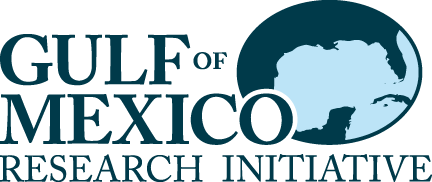Summary:
We propose to continue our evaluation of the impacts of this unprecedented perturbation (i.e., The Deepwater Horizon Oil Leak) on the health of key ecosystem attributes in the northern Gulf of Mexico using a hypoethesis-driven sampling design and laboratory analyses. We began to proactively collect baseline data on a number of key determinants of ecosystem structure before, and with NGI funding, after the oiling of our nearshore waters. Results from those assessments suggest that our ecosystem has responded to the anthropogenic distrubance and subsequent government management actions, in unpredicted ways.
Specifically, our initial evaluations suggest that government-mandated fisheries closure in the north-central Gulf of Mexico led to dramatic increases in the numbers and biomasses of many species of fishes (both those intentional exploited and those known as by-catch) and sharks. Still, not all fishes responded in a similar fashion with some decreases in abundance over time following the commencement of the uncontrolled release of oil into the Gulf of Mexico (e.g., red snapper). These unanticipated results suggest that it will be difficult to separate the impacts of the oil spill from those impacts created by the government closure. Here, we propose new studies in order to gain insights into the relative impacts of these two region-wide perturbations on ecosystem structure in the north-central Gulf of Mexico.
